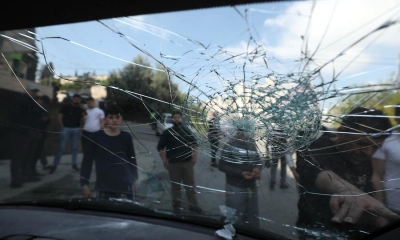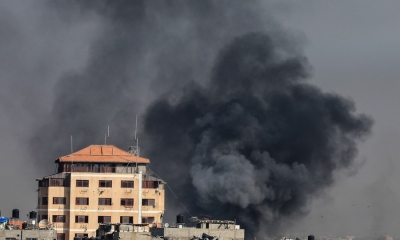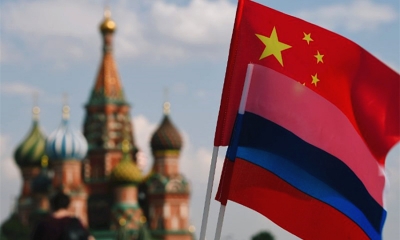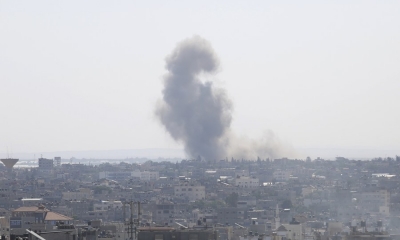Implications of Prigozhin’s Mutiny for the Ukraine Crisis
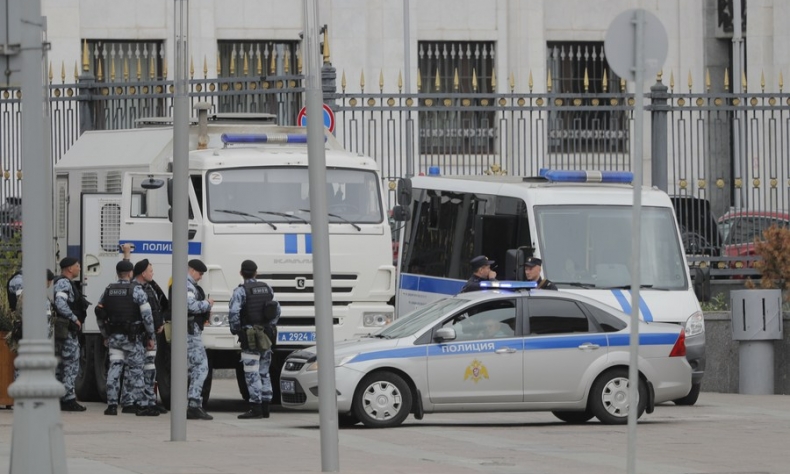
The Prigozhin mutiny further consolidated Russian public opinion and support of its leadership. A forceful summer offensive by Russia seems likely, observers say.
The June 24 Prigozhin mutiny in Russia was suppressed in 24 hours but the affair raises many questions. Will it have an impact on the Russian war in Ukraine? Were foreign influences involved? Is Russia weaker or stronger in its aftermath?
Machiavelli warned of mercenaries
Four centuries ago, Niccolò Machiavelli (1469-1527) warned leaders of states that mercenaries were undesirable and dangerous. “Mercenaries and auxiliaries are useless and dangerous,” he said. “And if one holds his state based on these arms, he will stand neither firm nor safe.”
The Russian oligarch Yvegeni Prigozhin (1961-) betrayed the Russian state and the Russian people with his bizarre mutiny on June 24. His fortunes rose when he started a restaurant and catering business which later secured lucrative Russian government contracts worth hundreds of millions of dollars.
A key contract was for the provisioning of the Russian military and it alone reportedly was worth hundreds of millions of dollars. Dissatisfied with Prigozhin, the Ministry of Defense recently decided to terminate that contract. Also, the termination of the contract with Prigozhin’s mercenary Wagner organization was also recently decided upon. Russian law prevents mercenary forces to operate on Russian soil as the Donbas region is now considered. So dissolution of Wagner was a legal matter.
The termination of these lucrative contracts worth hundreds of millions of dollars was, of course, a personal financial blow to Prigozhin the oligarch and to his cronies. To say that he had a chip on his shoulder for the Russian Ministry of Defense and government would likely be an understatement.
The Wagner organization began with a cadre of experienced professional soldiers but expanded its numbers for the Ukraine war by incorporating thousands of convicts. The overall force fought well in the Ukraine war but did sustain heavy casualties particularly in Artyomovsk/Bakhmut. Wagner, owing to its success on the battlefield, was popular with the Russian public. This widespread popularity was for the troops. Prigozhin, the self-promoting erratic oligarch, thus became a celebrity.
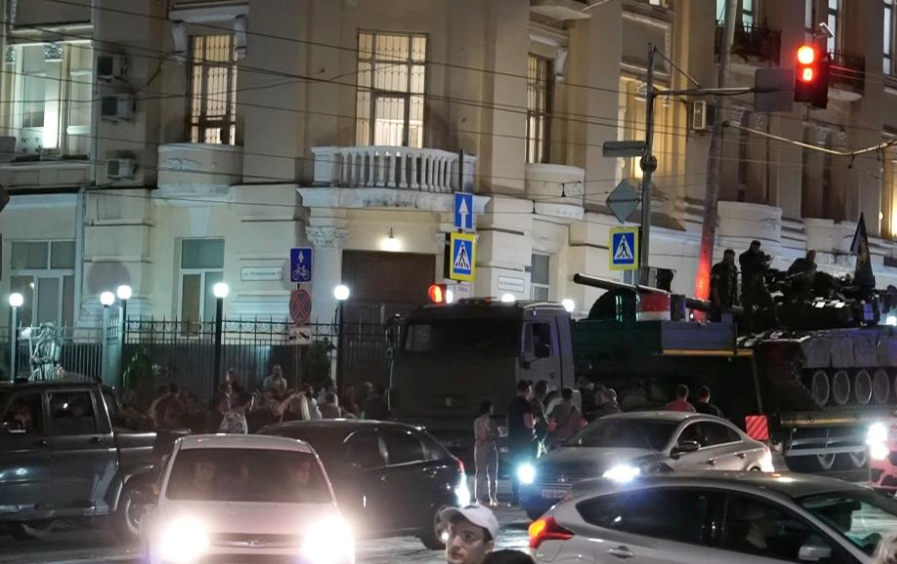
The dissolution of the Wagner group that was coming anyways was accelerated by Prigozhin’s bizarre mutiny. Troops that followed Prigozhin into the treasonous betrayal of Russia were given clemency and are permitted to leave Russia and to go to Belorus. How they will be accommodated and what they will be used for by Belorus remains to be seen.
The loyal Wagner troops are free to choose to enlist normally in the Russian Army or to return home as civilians. The heavy weapons of the Wagner forces are now taken back by the Ministry of Defense.
The President of Belorus, Alexander Lukashenko (1954-), was responsible for terminating the mutiny through his personal diplomacy with the protagonists.
Foreign influences on Prigozhin reported
Credible reports have surfaced since the mutiny alleging that Prigozhin had longtime prior contacts not only with Ukraine intelligence but also with other intelligence services such as NATO services. One Russian leader also pointed to relations with “a Middle Eastern country.”
Prigozhin received immediate public support from fellow oligarch Mikhail Khodorkovsy, a Putin enemy, who lives in exile in the United Kingdom.
Prigozhin’s contacts with Ukraine and other intelligence services are said to have stepped up in January this year. Several allegations have been made including one that he provided Ukraine with targeting data for Russian military positions. Given that satellite and other national technical means make the battlefield deployments well known to NATO, and thus to Ukraine, this would seem to have made little difference in the war. But some would conclude that, nonetheless, this apparently was traitorous behavior.
Initial reporting suggests that Prigozhin and several foreign intelligence services coordinated for a number of months on the mutiny. It is said that Russian intelligence services were aware of the plot and were aware of such coordination. Prigozhin’s anti-Putin administration rhetoric directed particularly against the Russian Ministry of Defense increased in intensity since January.
During this time Prigozhin was made aware of the impending cancellation of his lucrative contracts with the Russian government for provisioning the military and of the impending cancellation of his lucrative Wagner organization military contracts.

The timing finalized for the June 24 mutiny is interesting. The much-vaunted Ukraine “counteroffensive” had been blocked by Russia. But then Ukraine president Volodymyr Zalenskyy (1978-) announced coincidently that an offensive would be launched on June 24.
Curiously, on the same day as the Prigozhin mutiny, an international meeting on the Ukraine war was held in Copenhagen, Denmark. Jake Sullivan, U.S. national security advisor, attended the meeting and there were representatives from Brazil, India, and South Africa, among others. It was said that the meeting aimed to bring BRICS countries into alignment with the West’s Ukraine war policy.
U.S. mainstream media interestingly reported that U.S. intelligence community was well aware of Prigozhin’s plans for the mutiny. The implication here is that it may have played a role. President Joe Biden, of course, pro forma denied any U.S. role.
But the White House provided a special briefing on the Ukraine situation to Congress on June 21. This occurred three days before the mutiny. Mainstream U.S. media reported that this meeting was held in tight secrecy and informed Congressional leaders about the impending Prigozhin mutiny.
Other than the date of the briefing its format is significant. It was given under a special procedure to the “Gang of Eight” in Congress. Normally, intelligence matters are routinely briefed to the House and Senate intelligence committees and to other committees as needed.
Briefing to the “Gang of Eight” is a special case, however, and is reserved for the most sensitive and urgent matters. These eight Congressional leaders are: leaders of each of the two parties from Senate and House of Representative, chairs and ranking minority members of the Senate and House Committee for Intelligence.
Such a briefing to the “Gang of Eight” takes place as required by U.S. law under “extraordinary circumstances” when the U.S. president decides that “it is essential to limit access” to information that relates to covert action. Thus, the format chosen for this special briefing could imply that the Prigozhin mutiny involved a U.S. covert action and so had to be duly reported to Congress as such.
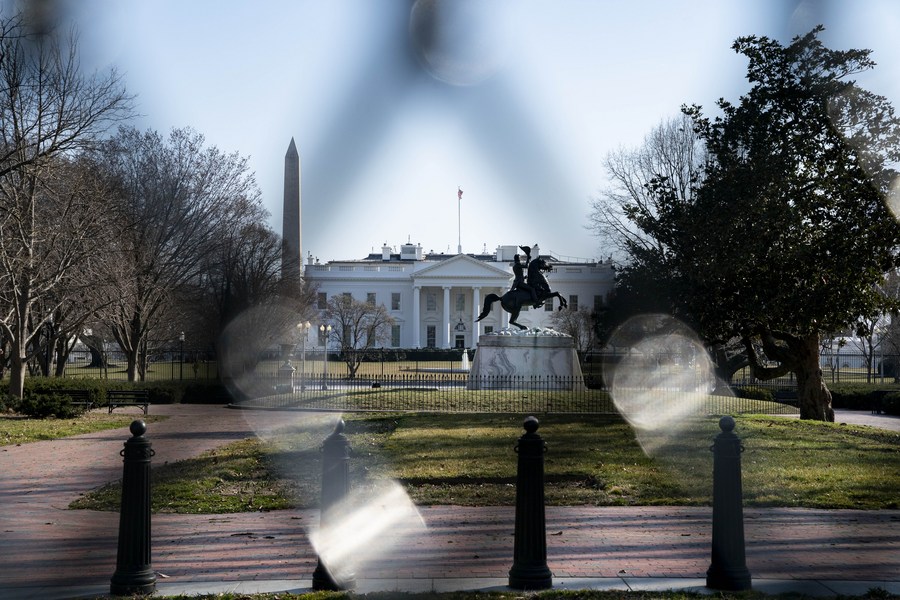
Russia appears stronger not weaker
President Vladimir Putin’s popularity, as reported in Russian polling data, has been in the 70-80 percent approval range. In the aftermath of the mutiny, Putin’s popularity appears to have risen to 90 percent approval, according to some reports.
The Western media naturally reflects the ongoing information war against Russia by the U.S. and NATO and claims Russian leadership is divided and Putin is weak. But the facts, as have been seen, are that all the Russian leadership, civilian and military, patriotically supported Putin and his suppression of the Western backed Prigozhin mutiny.
Russian authorities are investigating the mutiny and its leaders. Although the mutiny leaders have been granted clemency so far it remains to the seen what the investigations will reveal particularly about foreign hands aiding and abetting Prigozhin.
China was immediately informed of the situation through a special visit to Beijing by the Russian deputy minister of foreign affairs, Andrey Rudenko who met with Chinese Foreign Minister Qin Gang. Such diplomacy reflects the close working relationship between Russia and China.
It is true that there has been impatience in Russia with what seems to some to be the slow progress of the war. Battlefield victories, however, have been widely praised and have lifted the confidence, spirit, and unity of the Russian people. The Prigozhin mutiny further consolidated Russian public opinion and support of its leadership. A forceful summer offensive by Russia seems likely, observers say.
Sun Tzu advised that rulers should not be too long at war. For the sake of Russia, Ukraine, and Europe, diplomacy to terminate the war is urgently needed.
The article reflects the author’s opinions, and not necessarily the views of China Focus.
 Facebook
Facebook
 Twitter
Twitter
 Linkedin
Linkedin
 Google +
Google +




